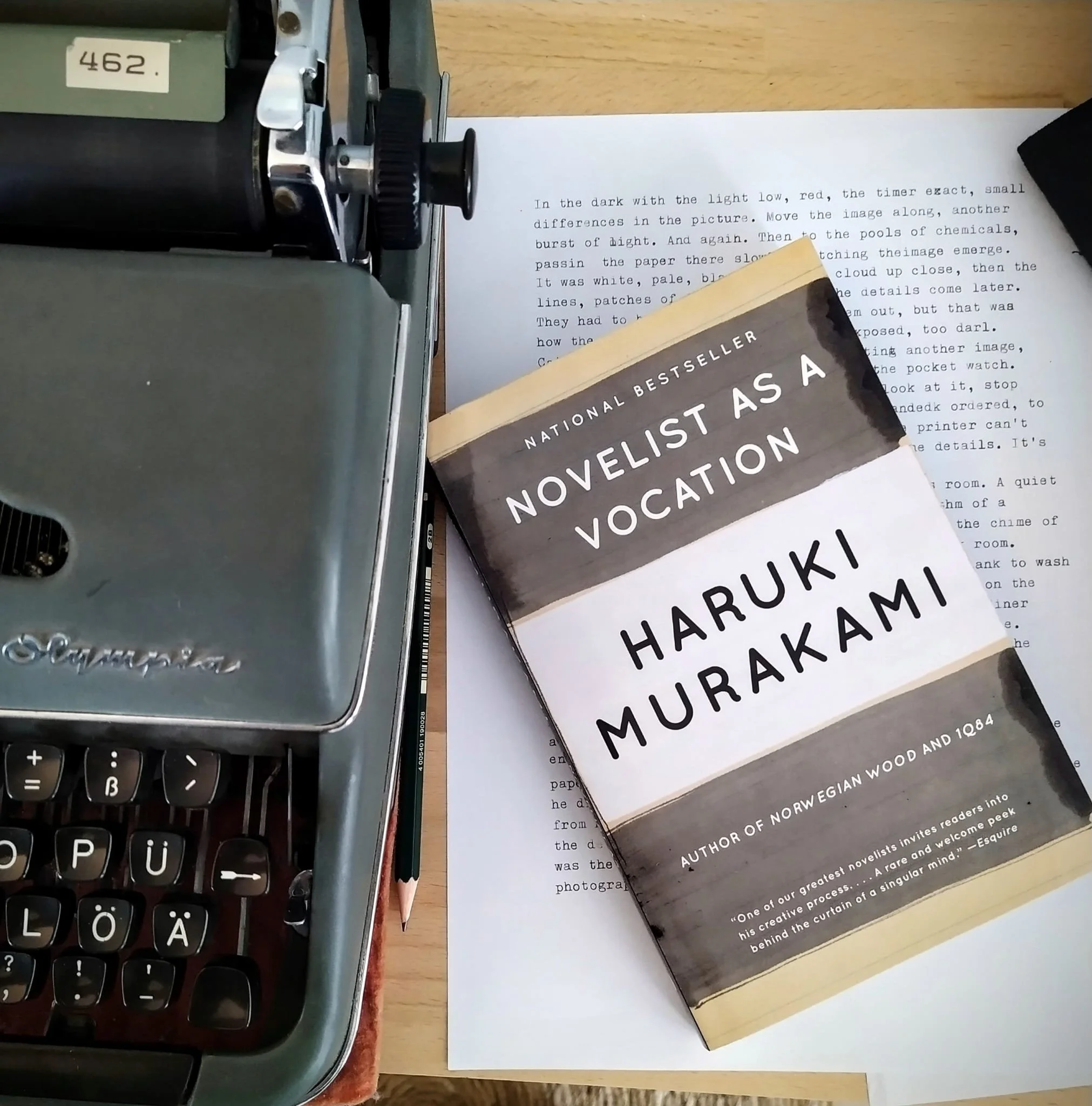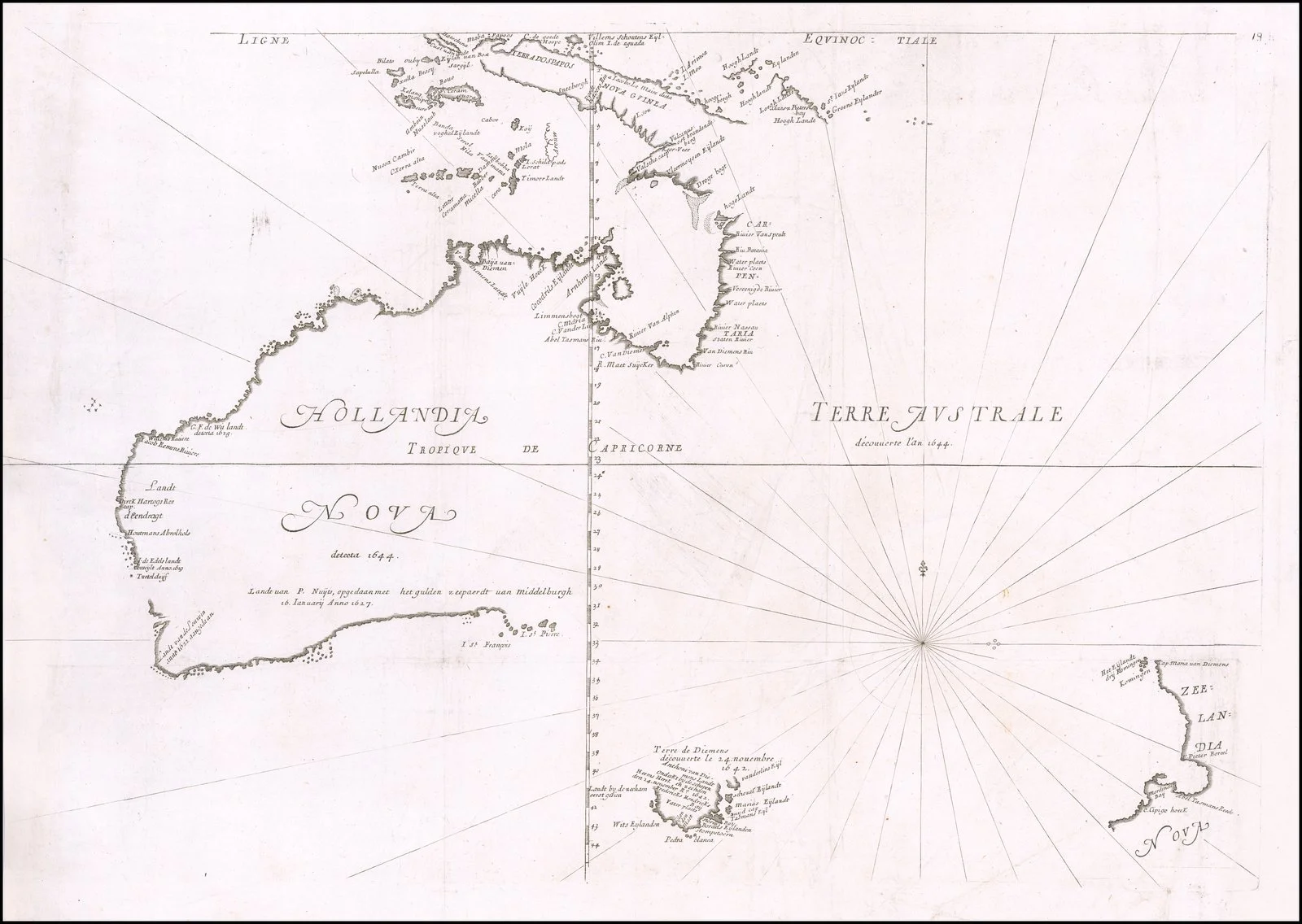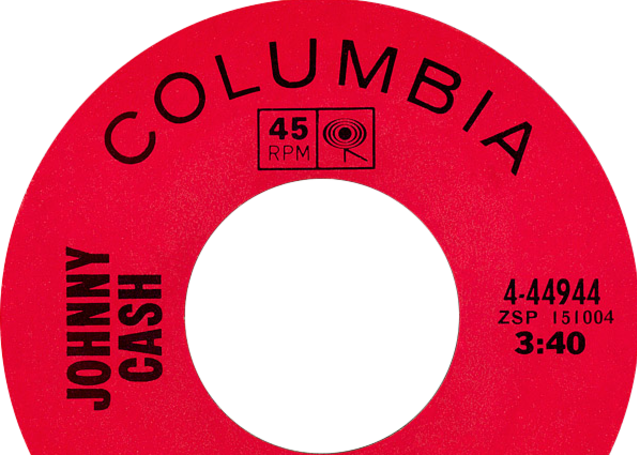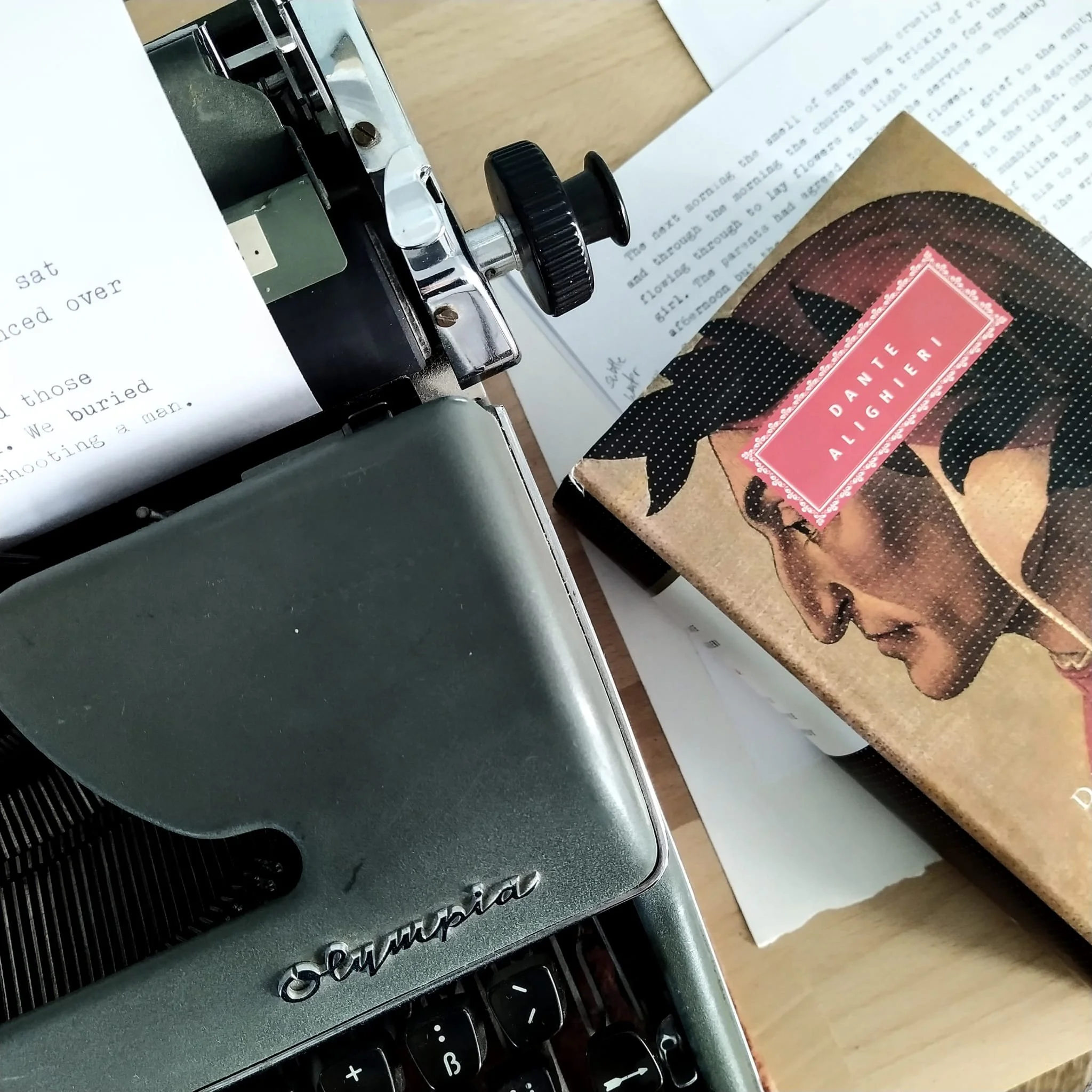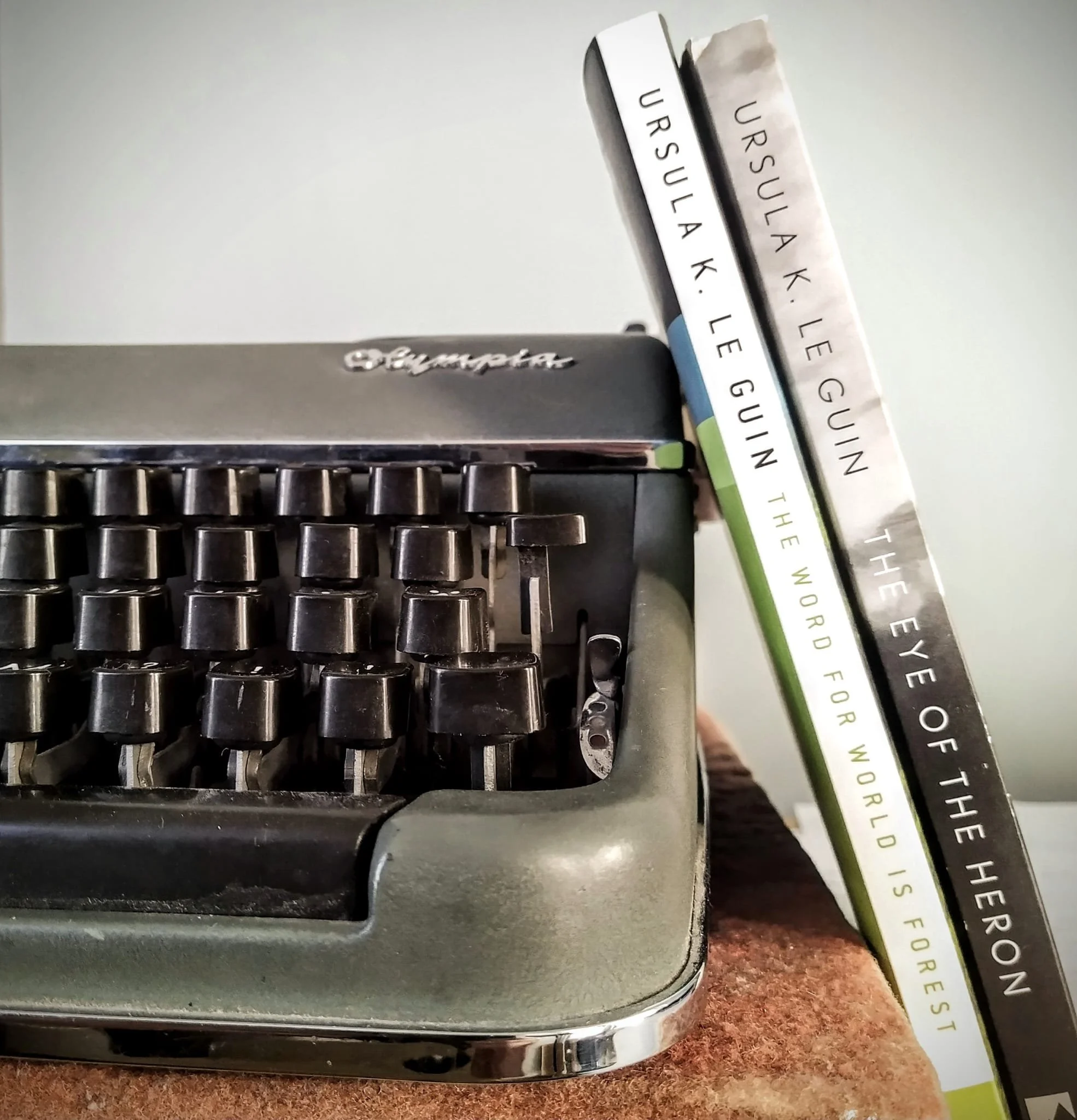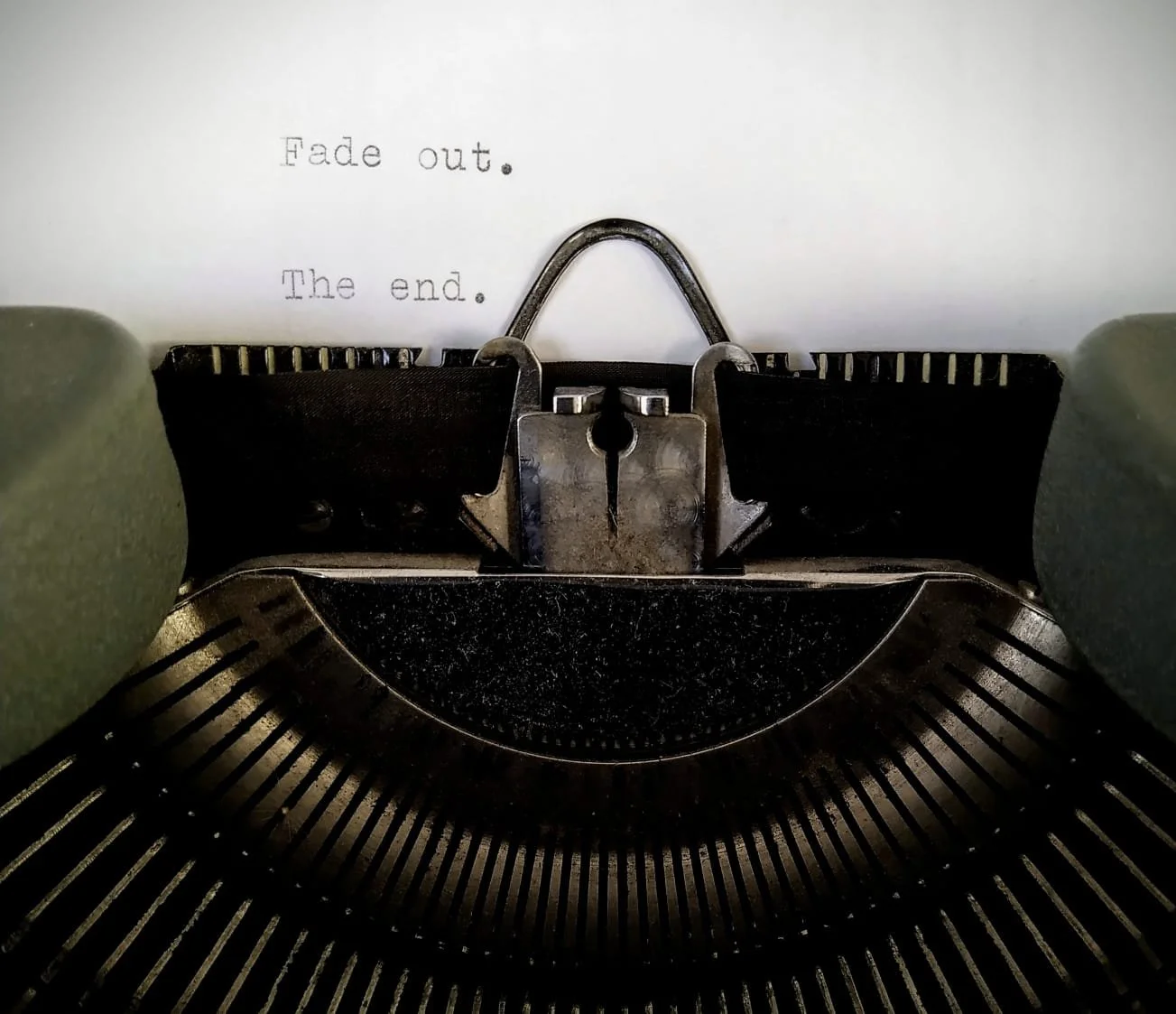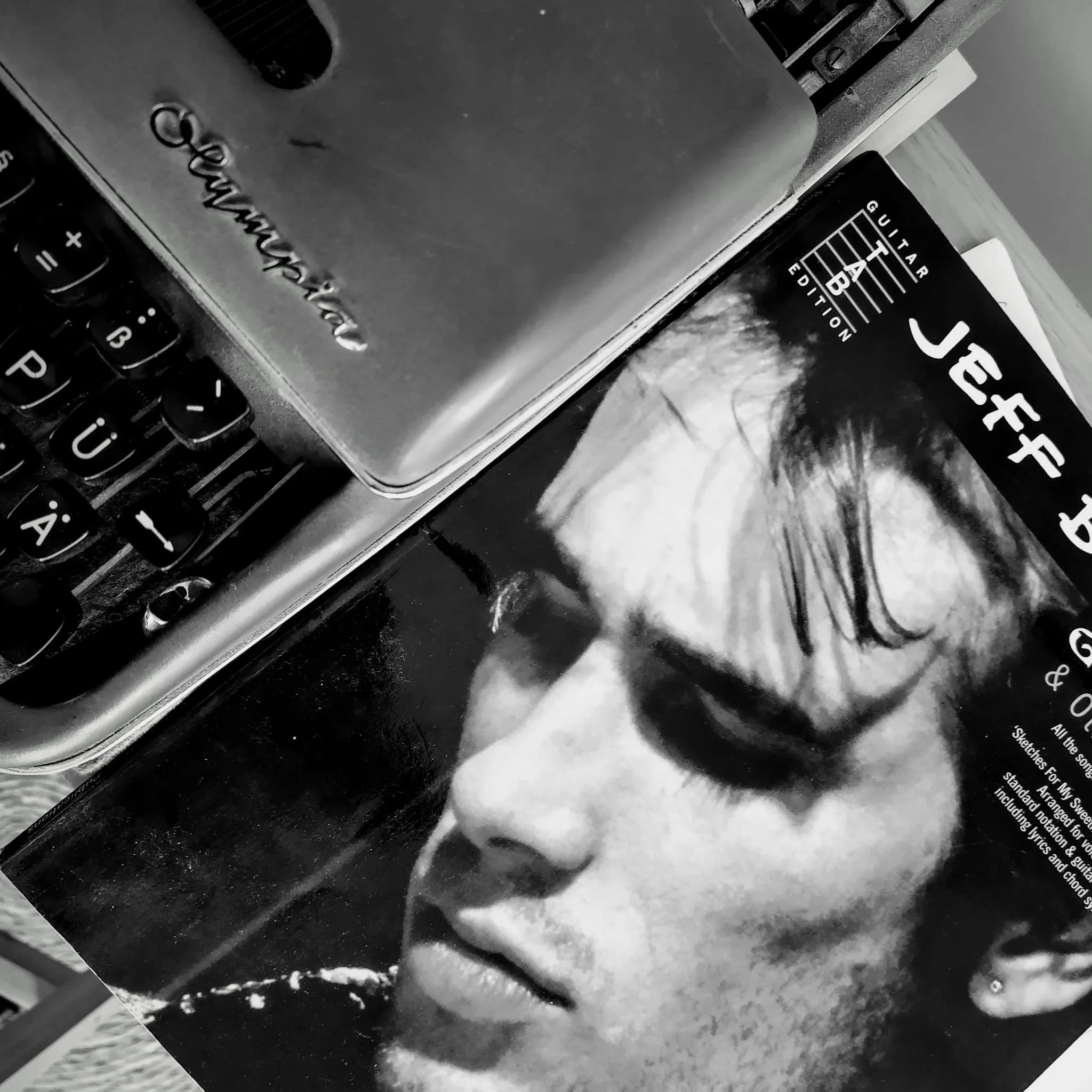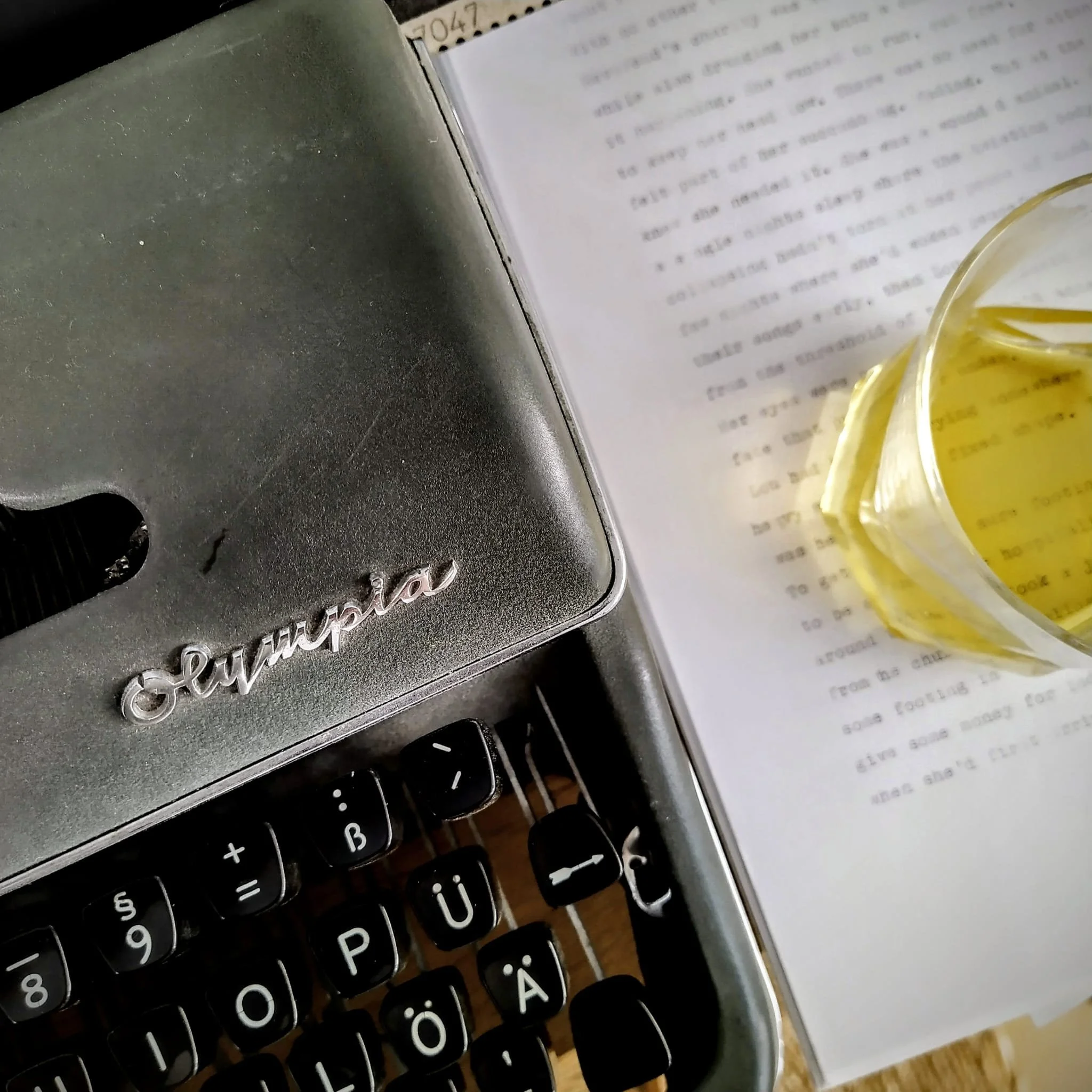Haruki Murakami describes how he takes feedback from his first reader – his wife – and his editors over the years.
Read MoreTrust yourself for creative decisions.
Read MoreEach step is charting what we know, taking another step, and seeing if that works.
Read MoreThe key to creating a captivating story in a memoir or piece of non-fiction is balancing the passages and sequences to build meaning and emotion in your story.
Read MoreTo write a book is an adventure. It’s a calling, taking you out of the safety of your daily life. Normal people don’t do this. It is a quest.
Read MoreGaps in expectation from the character and from the audience affect the character’s choices, the reader’s understanding of the character, or the perception of the story itself.
Read MoreUrsula K. Le Guin’s shorter insights to story craft are now available on her website.
They come from what her site calls an “informal workshop” answering questions posed by readers in 2015.
The first one addresses an article she read about breaking rules in writing – Show, don’t tell. Write about what you know. Sympathetic characters.
Read MoreWe’ve seen the old zoetropes that put pictures in motion. Perhaps we’ve even made flipbooks when we were at school. The picture changes a little and the motion unfolds. Even as we watch the leaf fall, the dancer move, the horse gallop… we know that it is just small individual images moving fast to make it look like movement.
Read MoreWhen you find the right collaborator then your creative process gains fertility. There are new ideas coming in. New energy. Other people are better at some part of the process. And a truly wonderful collaboration shares a combined understanding of the work.
Read MoreAll roads might lead to Rome, but you still have to find the road that works for you. There are many different ways to write and find your way through your story. But what works for someone else doesn't mean it's the way for you.
Read MoreMy main gripe with films about artists is how it’s shown that they come up with the work. Often the films disregards the process and show the work as coming down all at once. Appearing from the ether fully formed.
This cheapens the work of the artist.
Read MoreTrusting the writing the process and following it where it goes takes strength and dedication. Finishing the song, putting it down to the record, then turning to the next tune is a cycle that meant they learnt so much in their process, and were open to new ideas to weave into the songs the next time around.
Read MoreBeyond the obvious point of having a finished work in your hands, there is so much value in seeing through a project to the completion. Similar to how trees need the resistance of the wind to develop their strength, completing a project gives you the strength to grow. The strength to stand.
Read MoreFrank Zappa had his guitarists to leave a little water out for their instrument if they weren’t going to play it for a few days. It was a way to honour the muse. To keep the communication open. To accept that there was something that was not so easily defined about the creative process.
Read MorePart of a series on tackling creative block.
Read MoreWork is never created in a vacuum. And if we try to do that, then that’s a mistake. The audience will never engage with the work in a vacuum. The book, or novel, or song, or film… is relative to everything around us.
Read MoreJohn Swartzwelder is a reclusive writer best known for writing a huge amount of the strongest early Simpsons episodes. He also wrote for Saturday Night Live. Now he writes novels. His writing process involves getting the idea out quick. Finish the first draft as fast as possible. Then work deeper in the rewrite.
Read MoreWhen you give away what you think you should be hiding, the story becomes something else. Sometimes the structure falls apart. You need to have things happen in a particular order. But sometimes changing it takes away the scaffolding that was just there to build the important structure. It’s worth experimenting.
Read More

